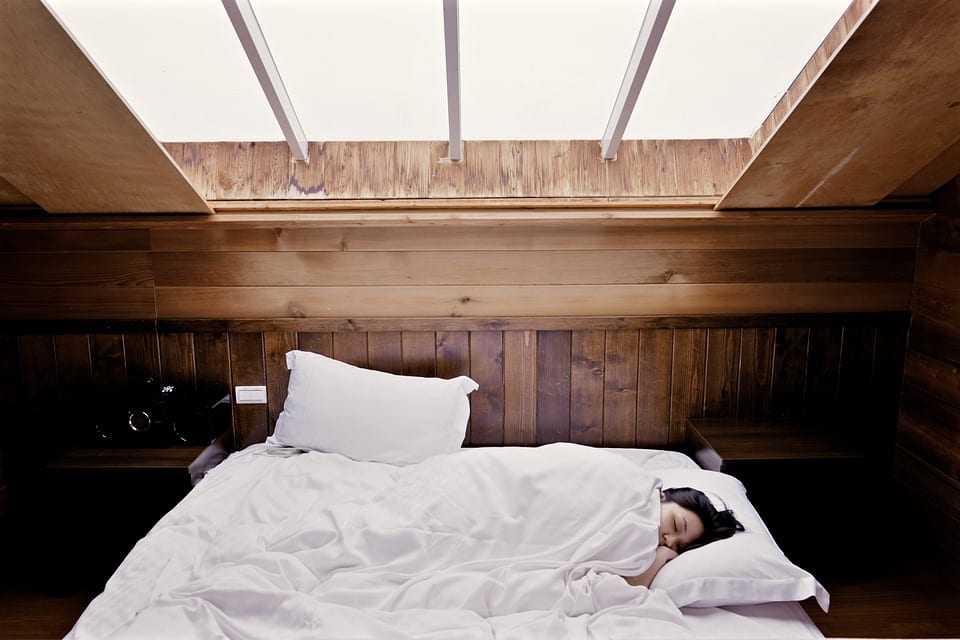 Sleep is hands down first and foremost your body’s natural way of “resetting” itself so to speak. When you sleep, your body from your brain to your muscles, ligaments, and even blood takes this time to clean itself out of bacteria, germs, and other unwanted or even harmful toxins.
Sleep is hands down first and foremost your body’s natural way of “resetting” itself so to speak. When you sleep, your body from your brain to your muscles, ligaments, and even blood takes this time to clean itself out of bacteria, germs, and other unwanted or even harmful toxins.
Because we are only human beings, our bodies are not naturally designed to run beyond a certain point (i.e. hours awake), not physically nor mentally. And while some people might be able to more efficiently operate off of fewer hours of sleep than others, the typical standard remains at approximately 7 hours recommended sleep per night. Of course, babies, on the other hand, will require much more hours than this daily, much like we will as we age older into our senior years. Although, many middle-aged and even senior adults can actually operate off of fewer hours. Ultimately, it comes down to not only brain chemistry, but also genetics, and healthy living – which leads us to our next point.
Sleep plays a critical role in the neurological functioning of your brain, from memory to ability to think clearly – to more complex tasks such as problem-solving or even analytical thinking. When you sleep, your brain is able to process all of the problems, stressors, and other (often subconscious) dilemmas that are distracting you during and from your daily responsibilities or activities. Many people do not know this fact, while others that do or have an idea might often attempt to artificially stimulate their brain to operate beyond the hours that one normally could (such as through caffeine). This is not only dangerous for you physically if you’re driving or handling machinery, but is also overall bad for your health.
Sleeping is also the body’s natural way of coping with stressors – often via dreams – and thanks to this you will often feel less stressed the next morning, reduce your overall anxiety, and even combat depression. On the flip side, however, not sleeping has the complete opposite effects, causing severe irritability, stress, anxiety, and even paranoia or hallucinations over time if you go days without sleep.
For any heavy-thinkers out there, might they be students, ‘workhorses’, or every day at-home parents, proper sleep also ensures we are able to focus, and make more responsible, precise decisions. On the contrary, depriving yourself of sleep can not only cause uncertainty, but if gone without sleep too long, the brain forcibly causes the body to physically take what are called ‘micro-naps’, which essentially can be you either napping or sleeping with your eyes open, or simply having brief, albeit frequent “blackouts” that you’re unlikely to remember – again, very dangerous if you are working, driving, or doing anything else which involves you being responsible for the safety of yourself or others.
Anyone that works out or exercises regularly knows sleep is important for muscle recovery – or at least should – and that without it, muscles cannot repair themselves or develop larger over time through resistance training. Likewise, those that work on their feet, or are doing physically demanding jobs or activities throughout the day also need time to recover their legs and other muscles properly before starting a new day. Keep in mind, this does not exclude those with ‘office jobs’, as your eyes, brain, and other functioning critical parts such as your heart and lungs also need rest, or the ability to “reset” via sleep.
Image credit: Unsplash
